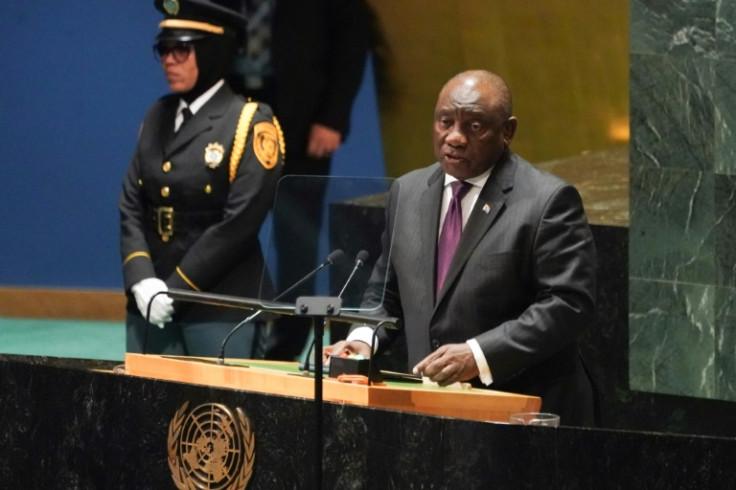Government Focuses On Land Reform To Boost Agricultural Growth, Job Opportunities

President Cyril Ramaphosa highlighted the government's commitment to implementing programs and initiatives to improve land reform, with a focus on boosting agricultural growth and creating more jobs in the industry.
Speaking during the National Assembly on Tuesday, the president responded to various questions raised by several members of parliament. One of them asked Ramaphosa to elaborate on the integrated plan for growth and job creation in the agricultural sector through land reform.
"Government's land reform program is supported by several complementary programs and initiatives to enable growth and job creation," the president said, SA News reported.
He went on to explain that "these complementary programs and initiatives" ensure that "land reform is harnessed more effectively to support the growth of agriculture and agro-processing and to expand employment and livelihoods in this vital industry."
The president informed Members of Parliament that land reform plays a crucial role in societal transformation, highlighting that it helps redistribution, restitution, and secure tenure for fostering agricultural activity and enabling more individuals to earn via farming.
Ramaphosa recalled the signing of the Agriculture and Agro-processing Master Plan in May 2022 by the Department of Agriculture, Land Reform, and Rural Development in collaboration with business and labor partners.
He noted that this plan aims to outline measures for the private sector to support Black farmers in utilizing land acquired through reform projects, including assisting Black farmers and small and medium-sized enterprises (SMMEs) in accessing domestic and export markets at the processing level.
Aside from this, the president also addressed the 2024 Sustainable Infrastructure Development Symposium of South Africa (SIDSSA) event on the same day, held at the Century City Conference Centre in Cape Town.
During this event, Ramaphosa noted that infrastructure "is an enormous economic multiplier, providing dividends for an economy long after the infrastructure has been built."
"It is estimated that to achieve our infrastructure goals, we need an additional R1.6 trillion in public sector infrastructure investment and a further R3.2 trillion from the private sector by 2030," the president said, adding that the government is working on reforms to develop sustainable infrastructure.
He added, "These reforms include the amendment of the Division of Revenue Act to enable provincial governments to use their infrastructure grants and budget allocations to crowd in private sector finance for large social infrastructure programs."
© Copyright 2026 IBTimes ZA. All rights reserved.





















